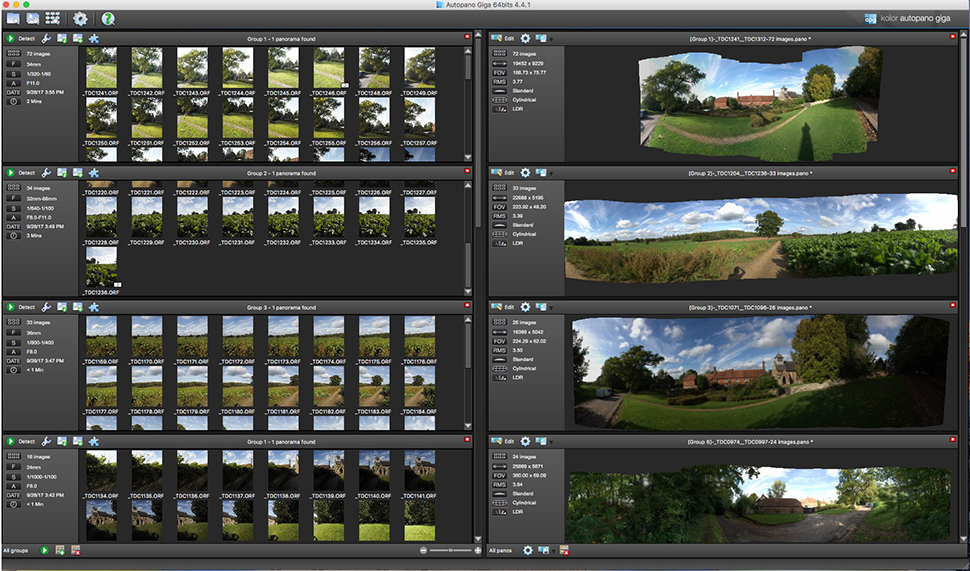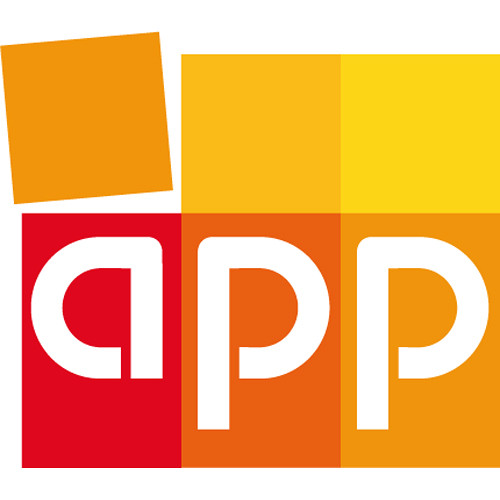

- #Kolor autopano video pro 2.0 pdf#
- #Kolor autopano video pro 2.0 install#
- #Kolor autopano video pro 2.0 professional#
How are 360 degree videos used?ģ60 degree videos are becoming increasingly popular, as they offer a more immersive experience than traditional videos.
#Kolor autopano video pro 2.0 pdf#
whether you are photographing a simple panorama or a 360° photo - PDF of 100 pages - More information.How to create VR ready experiences with 360 videos? With 360 video stitching software for Macs and PCs What is 360 video stitching software?ģ60 video stitching software is used to create 360 degree panoramic videos from photos which were captured with multiple cameras or from one camera but at multiple angles. "Find the nodal point or no parallax point accurately in less than an hour". After kindly working on its own, (you can see the progression of the export at the top left in Lightroom) Lightroom is going to send these images directly into Autopano Giga.

It is not necessary to "overchoose" TIFF rather than JPEG, especially in 100% quality!Īnd then you just need to click the " Export" button at the bottom right of the window. The only difference will lie in certain gradients viewed at 200% in Photoshop. My recommendation! If you're going to opt for the JPEG format, I recommend you to choose 100% for the compression rate which, in terms of quality of the details, is just like TIFF as I demonstrated it in one of my blog posts. I give you all the information about these choices in my color management guide but in particular in the page " sRGB, Adobe RGB or ProPhoto, what's best?" By default, the color space is sRGB and I recommend you to keep it that way if you're not comfortable with color management.

It is also possible to select all the photos you want to stitch in a same panorama using Bridge (in this case, you need to select the thumbnails) then right-click to open a contextual menu. Through the contextual menu (right click) "Assemble." It opens Autopano Giga automatically and creates a new group in the groups column, on the left. You have two possibilities to automatically send selected images in Bridge in order to stitch them into a nice panorama using Autopano Giga: Using Autopano Giga's "Tools menu > Assemble."ġ - Select all the photos you want to assemble in Bridge (at least two).Ģ - Click on the menu "Tools > in Autopano Giga > Assemble." Select and open images in Autopano from Photoshop's Bridge
#Kolor autopano video pro 2.0 install#
It will install a quick access menu in these programs as we will now see here below. When you reach the step " Installation type", the program will ask you if you want to install Autopano (!!!) and, of course, the plugins: Picasa, Bridge, Lightroom and Aperture. Important note! If you wish to use Autopano Giga's plugins Bridge and Lightroom, it is essential that this or these program(s) are previously installed on your computer in order to be identified by Autopano's installer which will offer you to install the plugins during its installation (see the photo here). Installation of the Bridge and/or Lightroom pluginsįirst, you need to make sure that you installed the plugins when you installed Autopano Giga. It is then very easy to select the images you're going to stitch together from these two programs and to open them directly in Autopano Giga. Since I only work in RAW format, I have to use Camera Raw or the "Development" tab in Lightroom to develop my files.

Personally, I have a preference for Photoshop hence Bridge, Adobe's file explorer, but whatever.
#Kolor autopano video pro 2.0 professional#
Here's how.Īs all professional photographers and many amateurs, I use Photoshop or Lightroom. When you buy Autopano's Giga version, you have the possibility to install plugins which enable you to make the selection of the images you'll then be stitching directly in Autopano.


 0 kommentar(er)
0 kommentar(er)
